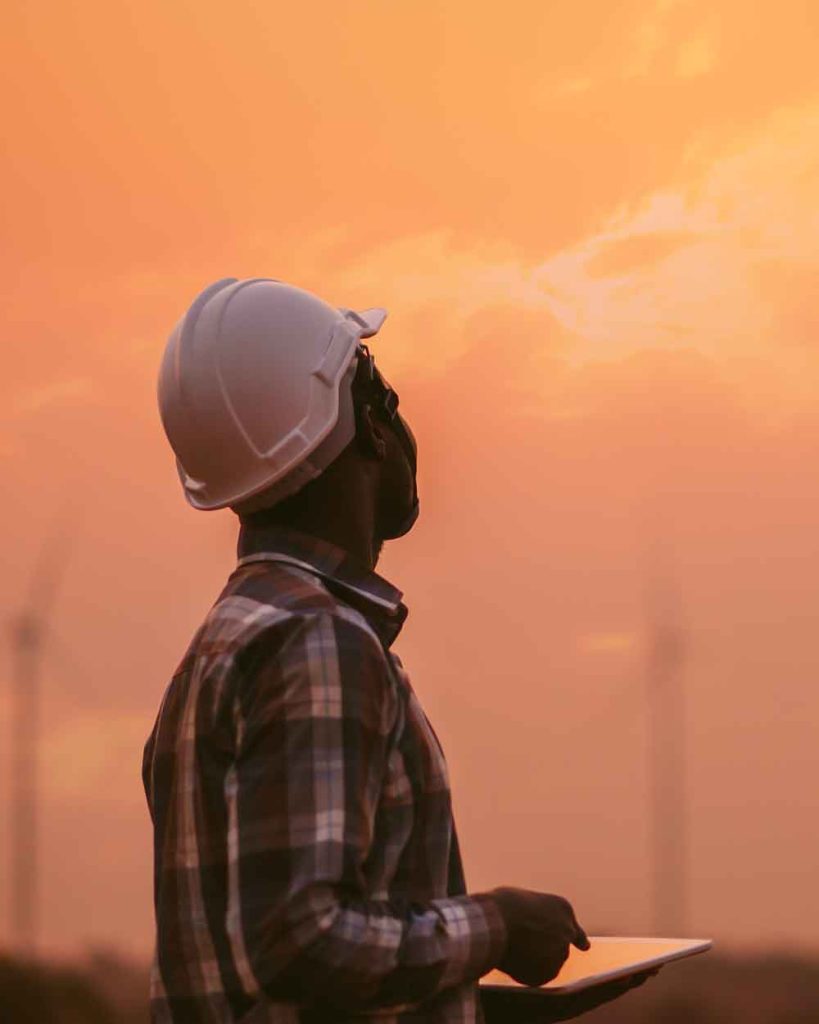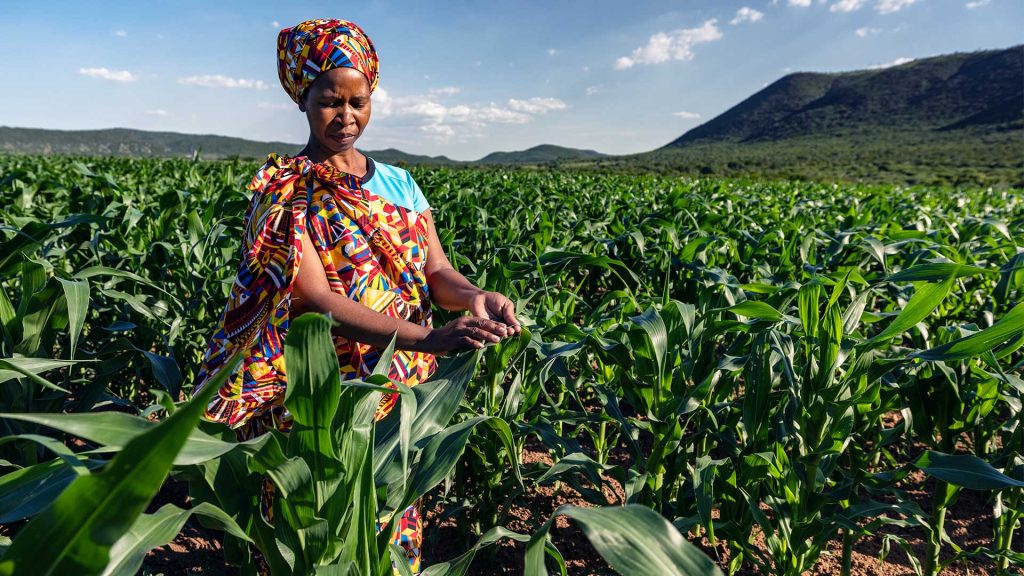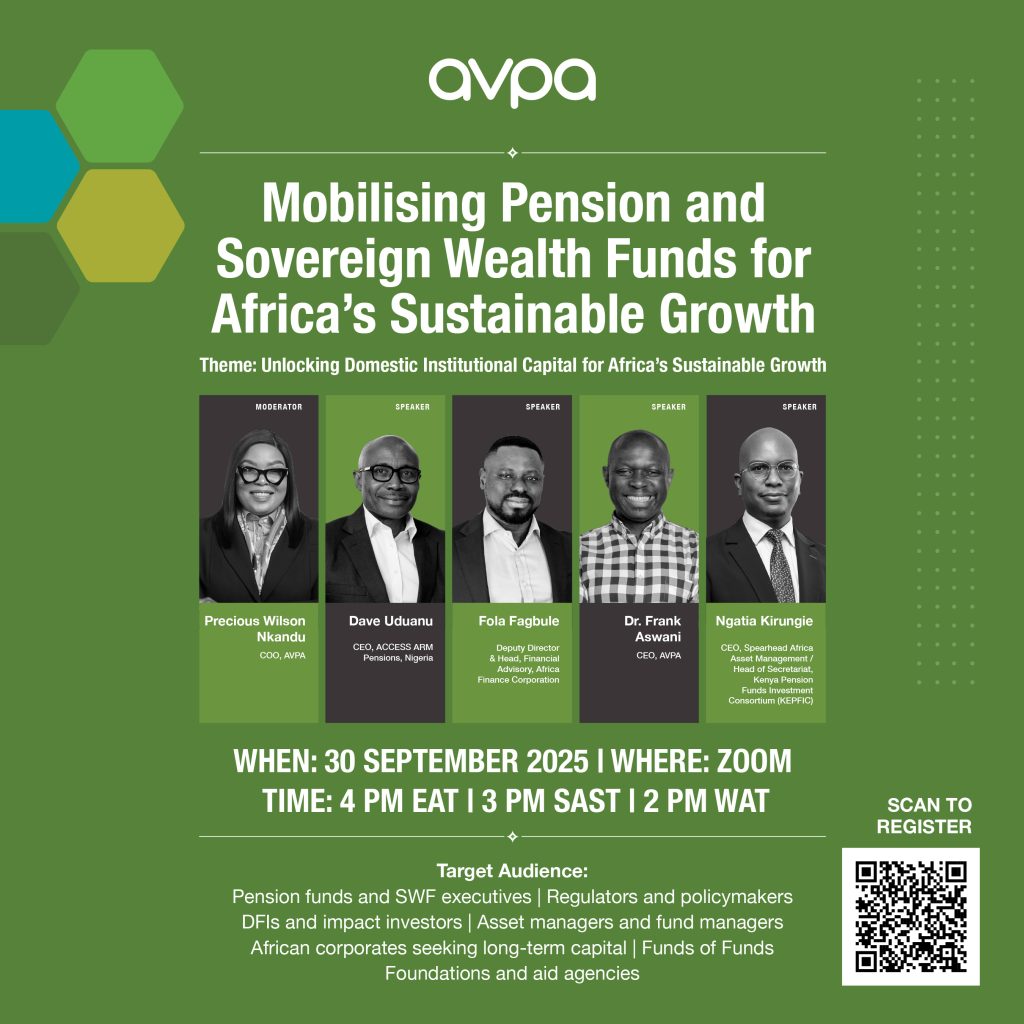Insights into the current state of the social investment landscape and key trends that will influence the increased flow of capital into social investments in East Africa
Nairobi, November 18, 2020: Africa is entering the last ten years of the Sustainable Development Goals with a deficit – the continent needs an estimated $500 billion – $1.2 trillion annually to bridge its SDGs financing gap. The traditional sources of social investment funding, aid and government, are unlikely to fill this gap, which calls for other sources of funding; mainly the $250 trillion global private capital markets. This demands a good understanding of the social investment landscape. The African Venture Philanthropy Alliance, AVPA, is addressing this by building a knowledge base on social investments in Africa.
Today, AVPA released the findings of a landmark study on the state of social investment financing in East Africa. It is part of a series of three reports, where the other two focus on the state of social investing in West Africa and Southern Africa. It maps the landscape of social investments in the region with a deep dive focus on Kenya, Uganda and Tanzania, and a high-level assessment of Rwanda, Ethiopia and South Sudan. Some of the areas it highlights include the evolution of the social investments landscape over the last ten years, emerging trends, and both the supply and demand sides of social investment.
Dr. Frank Aswani, the CEO of AVPA, says not only does the study provide insights into the current state of the social investment landscape in the region, but it also provides a baseline against which to track future progress and key trends that will influence the increased flow of capital into social investments in Africa.
“We hope that this study can stimulate increased collaboration amongst non-traditional social investing partners and adoption of innovative finance approaches that would mobilise enough capital from the global private capital markets to finance the SDGs between now and 2030.” He adds.
AVPA is a unique Pan-African network for social investors, headquartered in Nairobi with offices in Johannesburg and Lagos and committed to building a vibrant and high impact social investment community across Africa. It was launched in 2018 with a mission to drive a transformative social investing agenda on the continent by, among other ways, building a knowledge base on social investments in Africa. The AVPA network operates along the continuum of capital – grants, debt, equity – and is aligned with thriving sister networks in Europe (EVPA), South America (Latimpacto), and Asia (AVPN) to form a dynamic global force for social impact.
Social investment is an umbrella term that brings together diverse categories of funders aiming to achieve social and/or environmental impact. Broadly, social investments include financial and non-financial support in the form of venture philanthropy, impact investing – with a focus on investing for impact- and socially responsible investing.
“The East Africa section of this report shows there is an urgent need to diversify both the sources and the recipients of impact funds,” says Nancy Kairo, the AVPA Executive Director for the East Africa region. “Development finance institutions are still among the largest providers of such capital and most of these funds are invested in mature stage sustainable businesses that can absorb large amounts of capital. Yet, to realize real change we need to see large capital flows from other sources such as the capital markets, high-net-worth individuals and grantors amalgamate in support of SMEs—the backbone of our economies.”
Social investment methodologies have proven to be a powerful strategy to create sustainable and scalable social and environmental impact. However, many social investors in sub-Saharan Africa operate in silos, necessitating strategic interventions to bridge gaps across the different types of capital and investment strategies.
This social investment mapping landscape study was done over eight months, in partnership with Intellecap, the advisory arm of The Aavishkaar Group.
Key highlights:
- The research identified 317 highly diverse social investors active in the region. The majority of social investment in the region, however, continues to come from international sources.
- DFIs invested $6.6Bn between 2015 and 2019 with a focus on financial services, energy, debt finance, and increasing attention to Ethiopia.
- Between 2015 and 2019, private fund managers deployed a total of $1.5Bn into over 217 SDG-aligned deals with a preference for energy, financial services and healthcare, and a strong concentration in Kenya.
- Between 2014 and 2019, East African CSIs deployed a total of $382.7Mn while the top five North American CSIs deployed $561Mn in various SDG–aligned sectors.
- Individual philanthropy in East Africa remains largely unstructured and private, with a limited number of family foundations based in the region. The research mapped $22.17Mn deployed by the East African family foundations.
- The region has a significant proportion of expatriate founded and led enterprises; consequently, they have received more funding at the cost of locally founded enterprises.
- The guiding framework for social investments and philanthropy remains fragmented, with multiple laws and authorities governing the sector.
- Activity by corporate social investors headquartered in the region is significant and on the rise.
About AVPA: Established in 2018, the African Venture Philanthropy Alliance (AVPA) is a Pan-African network that seeks to drive a transformative social investing agenda in the continent. AVPA leverages the experience and momentum gained by the European Venture Philanthropy Association (evpa.eu.com), Latimpacto (https://latimpacto.org) and the Asian Venture Philanthropy Network (avpn.asia) – thriving networks with a collective membership of 900 members in more than 50 countries and are proven catalysts for mobilizing capital and helping members to deploy it more effectively to drive positive change. AVPA facilitates the flow of human, intellectual and financial capital, not only within Africa but also from the vast network of members across the 50+ countries outside of Africa. AVPA seeks to support the sector through several key service lines offered to its members.

















